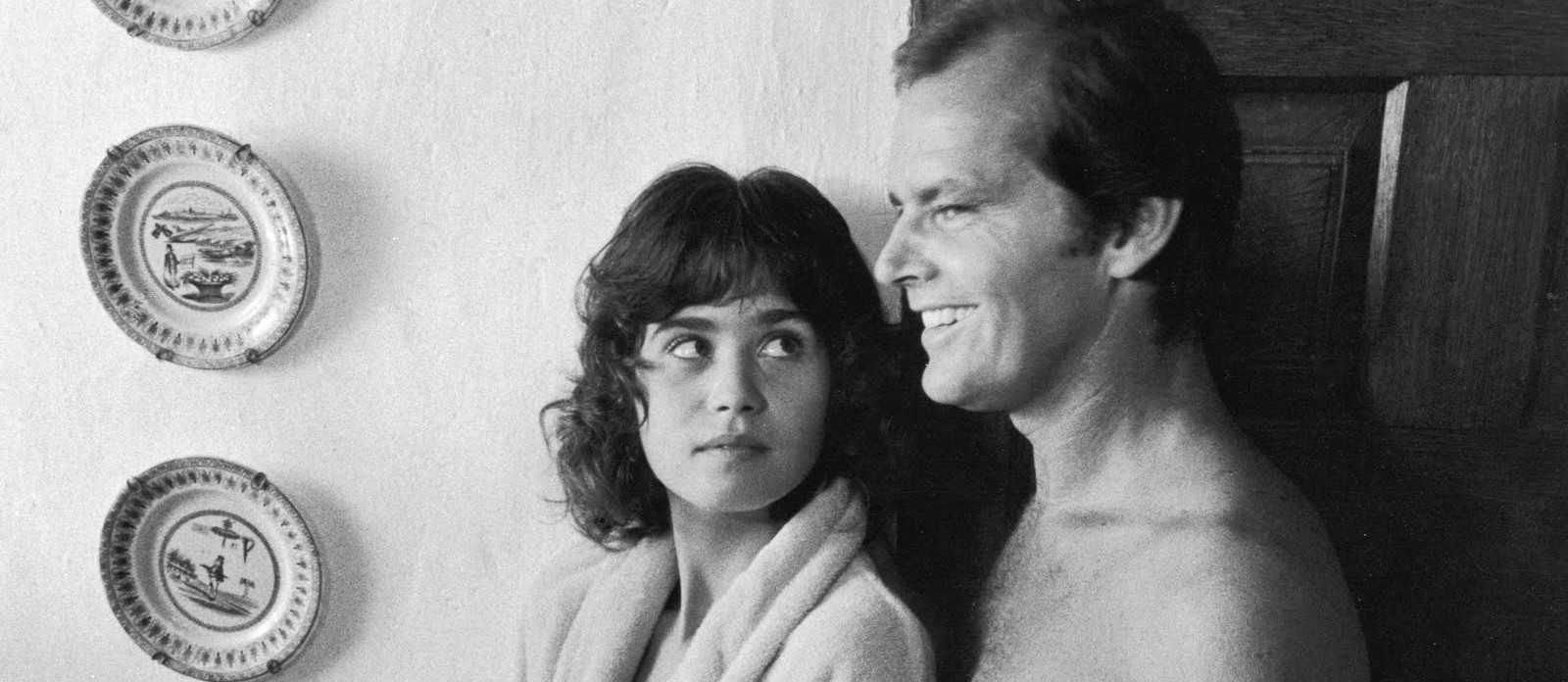A mid 70’s team up of one of the most famous Italian directors of all time, Michelangelo Antonioni, and one of the hottest actors of the decade, Jack Nicholson. The story begins with an act committed by the protagonist which sets his life on a new path, and as the film progresses we learn more of his backstory and we watch as the consequences he sets in motion fall like implacable, vengeful dominoes. It is perhaps a tale of conformity versus freedom and adventure, but with the price of acting thoughtlessly spliced with an understated and hopeful lesson on the value of what’s left behind. Maria Schneider co-stars, playing much the same part as she did in ‘Last Tango in Paris’ (72), her work for another Italian heavy weight, Bernardo Bertolucci.
For anyone put off by the fact this would come under the umbrella term of ‘foreign arthouse film’, it is in English, and the main thing that sets it apart from more standard Hollywood movies, and this is true of many arthouse films, is that instead of inserting music to tell the audience what to think, only diegetic sound is used (that is, sound the characters themselves would hear), effectively opening up space and inviting the viewer to make up their own mind. This was often put to great effect by the masters of Italian cinema, and although this isn’t quite as good as Antonioni’s most famous work, ‘L’Avventura’ (60), it has many of the same themes in common, and is only really let down by a lull about halfway through.
Interestingly, much as Shakespeare is rumoured to have died on the same day as Cervantes, Antonioni died on July 30th 2007, the very same day Ingmar Bergman passed away, quite possibly the most famous arthouse filmmaker of all time, and, indeed, one of The Red Dragon’s top three favourite directors.

